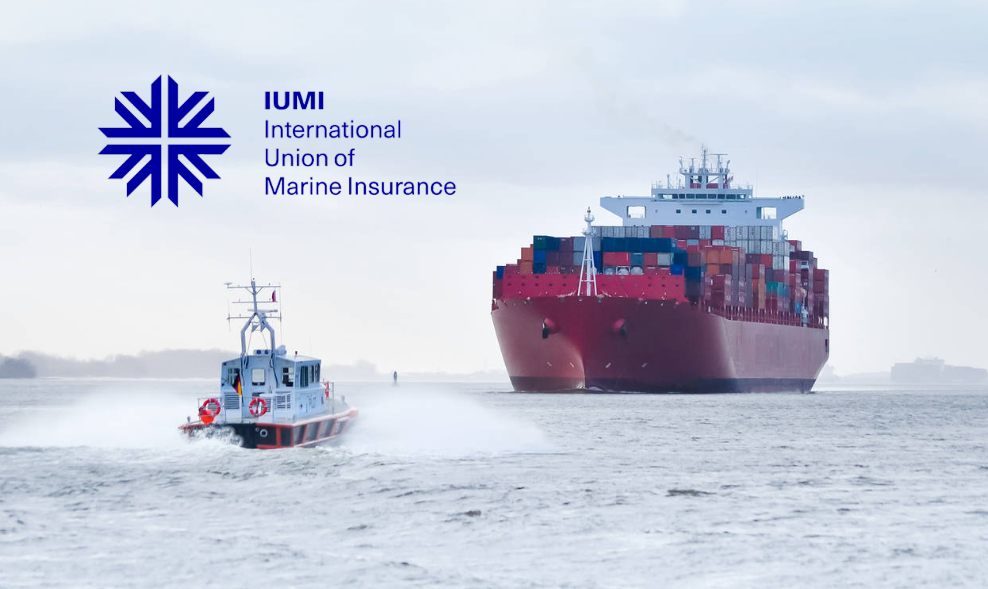
Global ocean hull premiums experienced a 5.7% surge in 2022, reaching a staggering USD 8.4 billion, signaling a fruitful year for hull underwriters. This uptick was primarily driven by a combination of increased maritime activity, rising vessel values, and a decline in market capacity. Moreover, claims for the same period remained relatively moderate, although early 2023 has shown a modest uptick in claims. Collectively, these factors have contributed to a positive trend in overall loss ratios, which reached their lowest point since 2015 in 2022.
While this may seem like promising news for the industry, experts are quick to point out that the future may hold challenges, with inflation at the forefront. Ilias Tsakiris, Chair of IUMI’s Ocean Hull Committee, highlights the impact of inflation on underwriting:
“In the post-Covid era, there was a scarcity of materials like steel, coupled with increased demand due to the resurgence of global shipping. Rising inflationary pressure has further driven up costs across the board, including materials, shipyards, and labor. From an underwriting standpoint, inflation has not been factored into premium calculations, potentially impacting profitability in the coming years.”
Aside from inflation, several other critical issues are currently demanding the attention of hull insurers.
Alternative fuels have taken center stage, with looming 2050 targets for greenhouse gas emissions and a push for dual-fuel systems in newbuilding projects. The industry is rapidly evolving to embrace cleaner technologies, such as hydrogen/fossil fuel or ammonia/fossil fuel hybrids, as it seeks viable alternatives. Ilias Tsakiris emphasizes the implications for hull underwriters:
“Emission reduction technologies are inherently more sophisticated than current propulsion methods, increasing the value and risk of the global fleet. Adequate regulations are essential to ensure the safety of new ships and their operators.”
Additionally, the adoption of lithium-ion (Li-ion) batteries and the transportation of electric vehicles (EVs) pose unique challenges, with the potential for battery-related fires. Tsakiris highlights recent incidents and emphasizes the need for safety protocols:
“IUMI emphasizes the importance of early fire detection, extinguishing systems, and cargo acceptance protocols. Charging EVs on ropax vessels must be contingent on comprehensive risk assessments and safety measures.”
Lastly, the industry faces a growing threat known as the “dark fleet,” consisting of aging vessels owned by dubious entities and questionable classification societies. This trend raises concerns about criminal activities and money laundering. Russia’s ability to bypass sanctions has only exacerbated the issue. Ilias Tsakiris shares his concerns:
“The ‘dark fleet’ poses significant risks, with incidents involving sanctioned oil tankers on the rise. This shadow fleet circumvents regulations, increasing the risk of spills and collisions.”
As the maritime industry navigates these challenges, collaboration and regulatory measures are crucial to ensure a safer and more sustainable future for all stakeholders.

